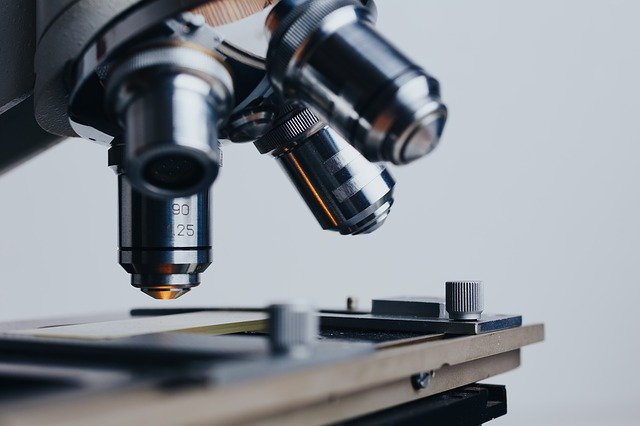Microbiology involves the study of viruses, fungi, and bacteria. Through microbiology, there has been the ability to prevent and cure diseases caused by these microscopic organisms. The fundamental research of microbiology has led to the discovery of antibiotics and the development of vaccines. The following are ways in which modern science has advanced with the help of microbiology.
Food Industry
Food preservation is made possible using the concepts of microbiology. With modern science, microbiologists can develop bacteria that fight against the pathogenic bacteria in food that will help prevent food from spoilage. Some microscopic organisms are used to extend the life span of some foods by preventing the growth of toxic bacteria.
In the fermentation processes, microbes such as yeast and bacteria are used to manufacture various food products. These products involve dairy products, alcoholic beverages, and bread making. Food security, quality, and value are made better because of the application of microbiology in the science of processing and production.

Agriculture
There is modern farming enhanced through the application of microbiology in the making of manure. Agriculture is made easier because these microbes enable the decomposition of waste into manure. This decomposed manure enhances the fertility of soil used in farms. When the soil is fertile, soil water is maintained to the maximum, hence healthy plants’ growth.
Agriculture also involves the rearing of domestic animals. Farm animals need immunization to protect them against diseases. With the help of proper Microbiology Lab Equipment, microbiologists manufacture vaccines that make animals immune to diseases. At times these microorganisms are inserted into the bodies of the farm animals to help in the digestion process. The immune of farm animals is boosted as the microbes help in synthesizing nutrients in their bodies.

Medicine
Recent improvements in science and technology have made it possible to identify and treat harmful microorganisms causing diseases. Through medical microbiology, specialists use microbes to produce good microbes that help diagnose diseases and the making of antibiotics. Most diseases are prevented because of the antibiotics and vaccines made from the study of microscopic organisms.
The evolvement of science and technology has helped body scientists have the ability to study human anatomy. Microbiology has helped evolve medical devices that are used to detect pathogenic microorganisms in the human body. Advanced medical devices can help to know how these pathogenic microbes develop, spread and how the immune system deteriorates from their effect.

Environment
In the environment, there is much that involves biology and microbiology. In the environment, we have soil, air, water, animals, and plants. The microbiology concept comes into effect where microorganisms are existing in the environment. There is a relationship between the environment components and these microorganisms.
Microbiology is used in the detection of pathogenic viruses in water. When these harmful microorganisms infiltrate the air and water, they can cause airborne and water-borne diseases. There are also bacteria that aids in the prevention of global warming. The beneficial microbes aid in the recycling of air, making the environment more sustainable.

Industrial Processing
Microbes are widely used in the industries in the making and processing of a variety of products. Chemicals used to reduce air, soil, and water pollution are produced by the technology from the study of microorganisms. Most bio-fertilizers are made from microbes such as fungi.
Microbiology is applied in metabolite production. With metabolite production, there is the manufacture of dyes, detergents, pesticides, and explosives. These microorganisms remove the toxic waste released from the industries and make them clean before contaminating the environment. This is made possible by recycling the gases and wastewater.

Genetics
Usage of microbiology in genetics has led to the development of cell and tissue engineering. Genes can be removed from human beings or other living organisms into microorganisms. These microorganisms are then synthesized to produce biodegradable polymers. Through microbial genetics, gene cloning that involves multiplying and separating specific genes of organisms is done easily.
The use of microbial genetics technique establishes DNA tests. Improvements in technology have made it possible to get genetic information readily available for analysis. All the molecular work done has been done by use of microscopic organisms. With the help of microbial genetics knowledge, diseases concerning genes can be understood, and their cure determined.
Microbes are very diverse organisms with their benefits and disadvantageous known. By analyzing these microorganisms, the world has been made safe, making it a better place to live.


